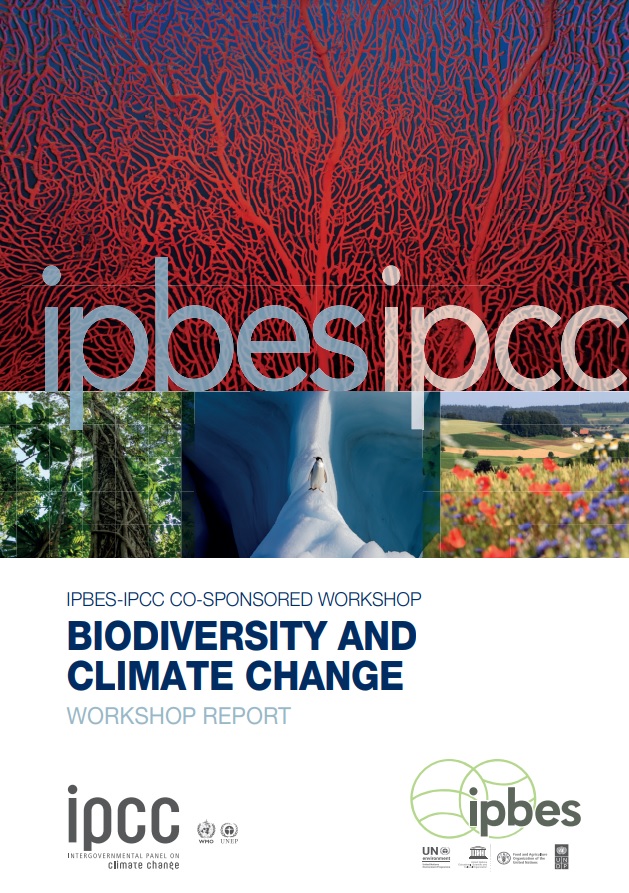Presentation of the Report of the Workshop on Climate Change and Biodiversity co-sponsored by IPBES-IPCC
On 10 June, the report of the workshop “Climate Change and Biodiversity” between IPBES and selected IPCC scientists, involving ICTA-UAB researcher Victoria Reyes-García, was presented at a public event.

In this workshop global experts discussed how to jointly address biodiversity, climate crises and their social impacts.
Unprecedented changes in climate and biodiversity, driven by human activities, have increasingly combined and threatened nature, human lives, livelihoods and well-being around the world. Biodiversity loss and climate change are driven by and mutually reinforcing human economic activities. Neither will be successfully resolved unless the two are addressed together. This is the message of a workshop report, published today by 50 of the world’s leading biodiversity and climate experts.
Victoria Reyes-García, ICREA research professor at ICTA-UAB, was one of 50 biodiversity experts who participated in the discussions.
The report of the workshop is the product of a four-day virtual workshop between experts from the Intergovernmental Platform on Science and Policy on Biodiversity and Ecosystem Services (IPBES) and the Intergovernmental Panel on Climate Change. (IPCC): the first collaboration between these two intergovernmental bodies.
The workshop discussed the lack of connection between previous policies that have addressed biodiversity loss and climate change, and that address synergies between mitigation of biodiversity loss and climate change, while considering its social impacts, it offers the opportunity to maximize benefits and meet global development goals. “Man-made climate change is increasingly threatening nature and its contributions to people, including its ability to help mitigate climate change. The more the world warms, the less food, drinking water and other key contributions nature can make to our lives in many regions, “said Professor Hans-Otto Pörtner, co-chair of the Scientific Steering Committee.
“Changes in biodiversity, in turn, affect climate affect climate, especially through impacts on nitrogen, carbon and water cycles“he said. “The evidence is clear: a sustainable global future for people and nature can still be achieved, but it requires transformative change with rapid and far-reaching action of a type never attempted before, based on ambitious emission reductions. Resolving some of the strong and seemingly unavoidable trade-offs between climate and biodiversity will involve a profound collective shift in individual and shared values related to nature, as moving away from the conception of economic progress based solely on GDP growth to one that balances human values. development with multiple values of nature for a good quality of life, without exceeding the biophysical and social limits”. The authors also suggest that narrow-minded actions to combat climate change can directly and indirectly damage nature and vice versa, but there are many measures that can make significant positive contributions in both areas.
More information in press release sent by IPBES Secretariat